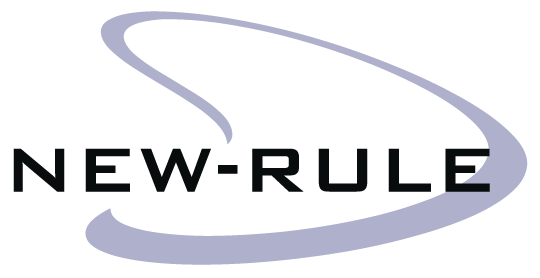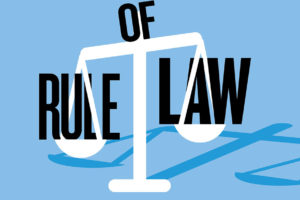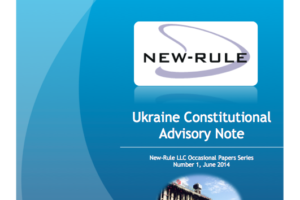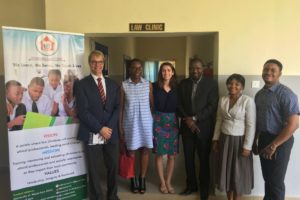Development is a business, profession, and a calling, and the rule of law field is a very specialized subset of development. New-Rule understands that rule of law development work is coming of age at a time where supportive rhetoric far outstrips the commitment of resources and personnel. National and international budgets for rule of law remain modest given the needs. New-Rule is committed to raising standards and engaging in substantive debates about priorities. Consistent with this approach, New-Rule intends to post and solicit comments about lessons-identified and pursue their conversion to lessons-applied. We do not subscribe to the approach that rule of law lessons-identified are proprietary or the result of alchemical recipes that should be hoarded. New-Rule will disclose its lessons-identified and place them in our marketplace of ideas. We hope you will shop here often. To demonstrate the concept, New-Rule would offer several general lessons-identified and invite comments.
- Rule of law reform and strengthening involves a large cross-section of individuals.
- Rule of law reform and strengthening programs must be conceived of broadly, and they cannot be limited in scope to formal state institutions as important as they may be.
- Participatory programmatic approaches are favored, for they foster local ownership.
- International law and guiding principles provide a widely accepted basis upon which to base programs and reforms.
- When deciding upon targets of opportunity, potential flashpoints should be identified and given priority where feasible.
- Though national ownership of initiatives is the ultimate goal, international advisers must be prepared to take responsibility for the design, management, and evaluation of their own reform and strengthening projects. Pre-existing, functional support infrastructure should not be expected.
- The international community has been slow to convert lessons-identified into lessons-learned.




